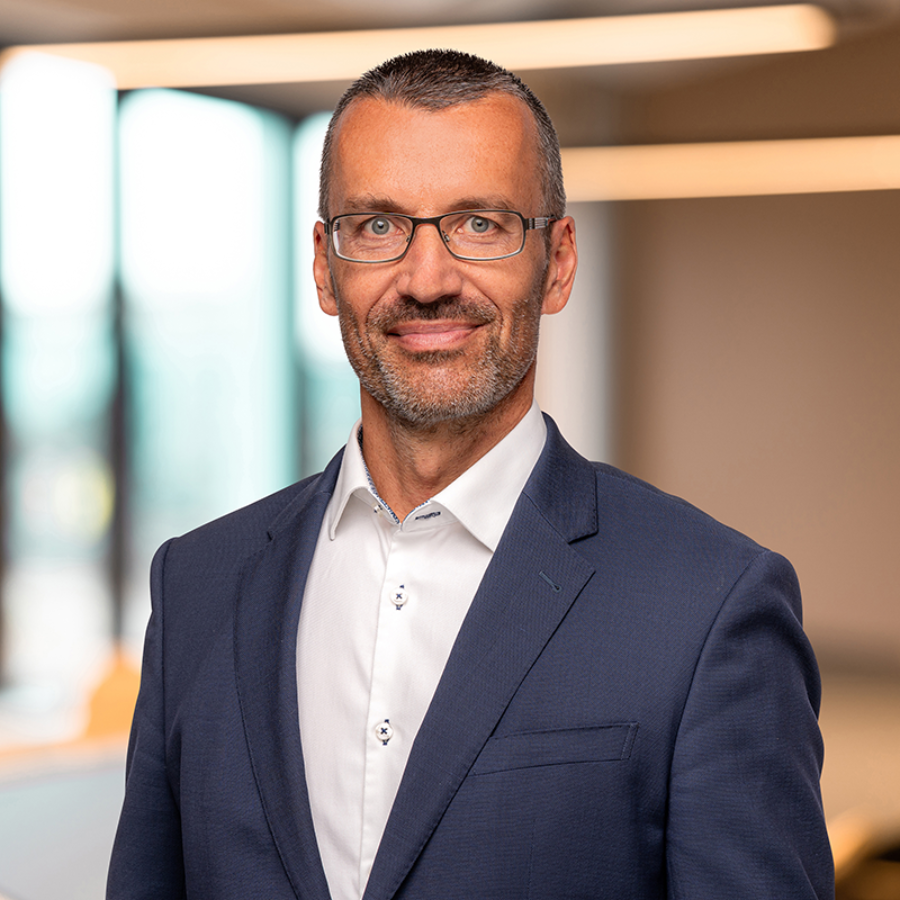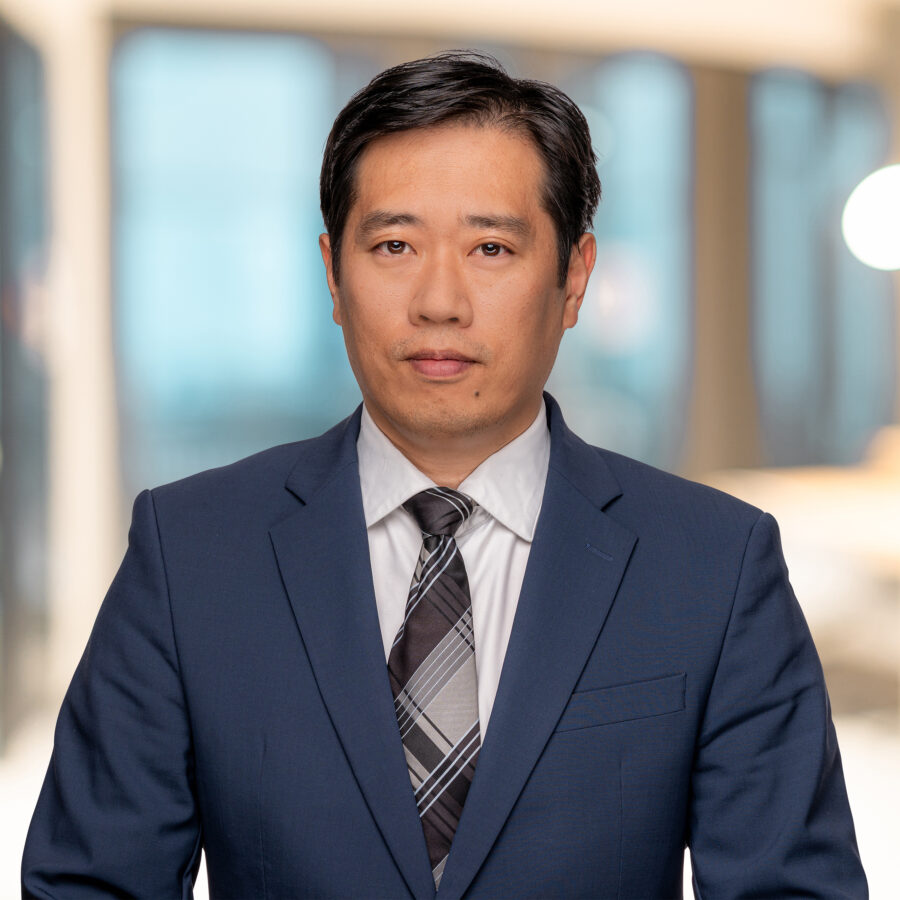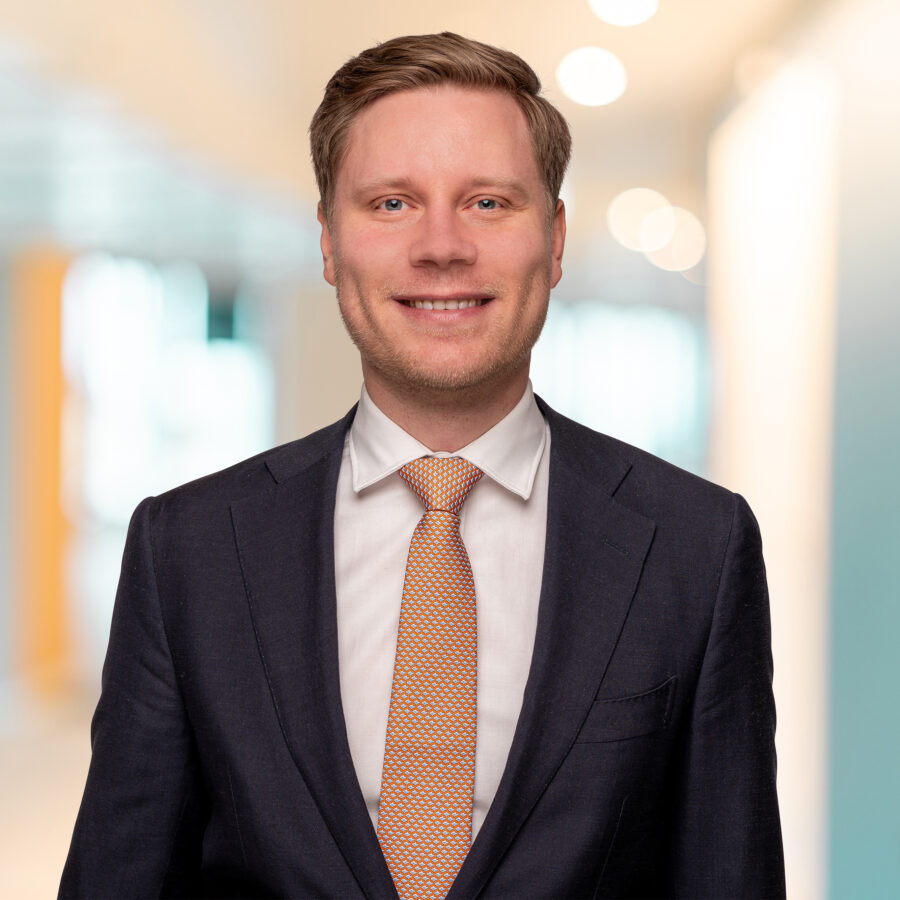Investment Strategy
Hidden champions with above-average growth and leading products can be found especially in the German small cap segment. The focus of Berenberg Aktien Mittelstand is on established niche companies that have focused business models and strong market positions both in their home markets and globally. The strategy is based on a disciplined bottom-up stock selection, focusing on companies with excellent business models, strong entry barriers and top management – many of them owner-managed.
- Concentrated portfolio of 25-45 stocks
- Mid-cap approach; small- and micro-caps can be added
- Long-term investment horizon and low portfolio turnover
- Benchmark-agnostic selection
Learn more about our investment philosophy in equity fund management
Fund data
| ISIN | DE000A14XN42 |
|---|---|
| WKN | A14XN4 |
| Inception date | 04.12.2015 |
| Issue price (17.12.2025) | 129.33 EUR |
| Redemption price (17.12.2025) | 129.33 EUR |
| Fund volume | 46.35 Mio. EUR |
| Share class volume | 15.99 Mio. EUR |
| Currency Fund / Share Class | EUR / EUR |
| Minimum investment | 500,000.00 EUR |
| Asset Manager | Joh. Berenberg, Gossler & Co. KG |
| Management company | Universal-Investment-Gesellschaft mbH |
| Custodian | BNP Paribas S.A. Niederlassung Deutschland |
| Use of income | Accumulating |
| End of financial year | 31.12. |
| Registration and Distribution | DE, AT, CH, LI, ES, GB |
| SFDR Classification (Sustainable Finance Disclosure Regulation) | Article 8 |
Costs
| Issue surcharge | none |
|---|---|
| Flat-rate fee p.a. | 0.95% |
| Total Expense Ratio (TER) p.a. | 1.01% |
| Performance fee | Up to 20% above the 50%MDAX / 50%SDAX Index |
Chances and risks
| Chances | Risks |
|---|---|
| High potential returns from equities in the long term. | Fluctuations in value and price losses from stocks and the potential use of derivatives are possible – both overall and in individual stock market years. |
| Growth stocks, small caps, and specific sectors, countries, or market segments may outperform the market in certain phases. | Growth stocks, small caps, and specific sectors, countries, or market segments may underperform during certain periods. |
| Improvement of the risk/return profile through individual stock analysis and active management. | There is no guarantee of success for individual stock analysis and active management. |
| Stabilization of assets in negative capital market phases through professional risk management and intelligent diversification. | Investments and transactions in foreign currencies are subject to exchange rate risks. |
Further details on the opportunities and risks of this fund can be found in the sales prospectus.
Indexed performance
Performance in 12-month periods
Monthly performance
| Year | Jan | Feb | Mar | Apr | May | Jun | Jul | Aug | Sep | Oct | Nov | Dec | YTD |
|---|---|---|---|---|---|---|---|---|---|---|---|---|---|
| 2015 | - | - | - | - | - | - | - | - | - | - | - | 0.03 | 0.03 |
| 2016 | -8.93 | -1.93 | 6.43 | 0.39 | 5.16 | -4.33 | 6.90 | 1.62 | 4.38 | -3.29 | -5.34 | 5.25 | 4.87 |
| 2017 | 3.35 | 2.70 | 4.72 | 5.72 | 6.47 | -2.85 | 2.44 | 1.53 | 6.51 | 0.60 | 0.16 | 1.93 | 38.29 |
| 2018 | 3.23 | -0.88 | -3.65 | 3.16 | 3.86 | -2.91 | 4.40 | 2.95 | -6.63 | -10.14 | -1.40 | -9.66 | -17.64 |
| 2019 | 10.91 | 2.13 | 0.74 | 7.04 | -6.43 | 4.44 | 0.35 | -4.10 | 2.62 | 1.70 | 6.62 | 2.09 | 30.51 |
| 2020 | 0.17 | -7.99 | -12.83 | 13.47 | 11.27 | -0.39 | 1.44 | 5.06 | 1.16 | -6.00 | 15.91 | 4.98 | 24.60 |
| 2021 | 4.55 | -2.49 | 0.12 | 5.66 | 0.35 | 1.31 | 3.72 | 4.55 | -4.36 | 2.28 | -4.88 | 3.90 | 14.94 |
| 2022 | -9.95 | -6.27 | -2.15 | -5.13 | -1.73 | -12.14 | 8.00 | -9.71 | -11.99 | 6.09 | 9.97 | -3.38 | -34.55 |
| 2023 | 10.35 | 2.23 | -2.46 | -0.40 | -5.12 | 1.97 | 1.47 | -1.79 | -7.35 | -6.99 | 7.14 | 8.36 | 5.71 |
| 2024 | -4.36 | -1.44 | 4.51 | -0.89 | 2.39 | -5.34 | -0.83 | -2.39 | 1.02 | -6.31 | -1.01 | -0.28 | -14.42 |
| 2025 | 4.18 | 0.33 | -3.56 | 2.82 | 3.85 | 3.77 | -2.21 | -4.74 | -0.72 | -2.03 | -1.09 | - | -1.60 |
Source: Berenberg, Management company
The charts and tables regarding performance shown here are based on own calculations according to the method developed by the German Investment Funds Association (BVI). They illustrate past performance. Future performance can deviate both positively and negatively from these calculations. Gross performance (BVI method) takes into account all charges at fund level (e.g. management fee), net performance plus the issue surcharge. As no issue surcharge is incurred for this share class the gross performance corresponds to the net performance. Additional charges can arise for individual investors (e.g. custody account fees, commissions and other fees). Also, fees may be charged for the administration of the safe custody account, which will lower the performance. Past performance is not a reliable indicator of future performance.
Performance after issue surcharge
| 1 year | -2.80% |
|---|---|
| 3 years | -10.21% |
| 5 years | -31.90% |
| since inception | 30.11% |
| Max. Drawdown 5 years | -49.45% |
Source: Berenberg, Management company | State: 17 Dec 2025
Risk figures
| Volatility - 1 year | 20.33% |
|---|---|
| Volatility - 3 years | 17.06% |
| Sharpe Ratio - 3 years | -0.37 |
| Maximum Drawdown - since inception | -49.45% |
Currencies
Sectors
Countries
Asset classes
Top Holdings
Monthly market comment
Concerns about elevated valuations and a more restrictive U.S. Federal Reserve weighed on equity markets in November. However, the pullback, intensified by institutional selling, is viewed as temporary, with potential for a year-end rally supported by seasonal tailwinds and solid corporate balance sheets. The Berenberg Aktien Mittelstand Fund was unable to outperform its benchmark during the reporting month. Aixtron benefited from strong demand for data center lasers and advanced packaging, supporting order intake and cash flow. The Capital Markets Day at SUSS convinced with ambitious 2030 targets above consensus as well as robust growth and rising margins. Elmos delivered a solid Q3 with slight beats, a confirmed outlook, improved free cash flow and positive order trends. At Hensoldt, the CMD indicated later growth; however, lowered EPS and FCF estimates weighed on the share price. Auto1 suffered from weak 2026 guidance, high CAPEX and the lack of profitability at Autohero. Renk came under slight pressure during the defense sector sell-off, while CMD guidance for 2025/27 came in below consensus.
Portfolio Management

Peter Kraus
Peter Kraus has been Head of Small Cap Equities at Berenberg since October 2017. He began his career in 2000 as an equity analyst for a corporate finance consultancy in Munich before moving to Deka-Investment in Frankfurt in 2003. There he worked as an analyst for European Small Caps. In 2006 he joined Allianz Global Investors as Fund Manager for European Micro and Small/Mid Caps, where he contributed significantly to the success of the Small Cap team in the following years. Peter Kraus was responsible for the management of various European Small and Mid Cap funds as well as for the acquisition and management of international institutional mandates. He studied Business Administration at the University of Mannheim and is a CFA Charterholder.

Igor Kim
Igor Kim has been a portfolio manager at Berenberg since November 2022. He started his career in 2008 as an equity analyst at Close Brothers Seydler Research AG in Frankfurt. From 2014 to 2019, he was a senior equity analyst at Oddo BHF and moved to Bankhaus Lampe in 2019. His research focus was based on Small Caps in the technology, healthcare and industrial sectors. In these areas, he was awarded the Thomson Reuters Analyst Award several times. Most recently, he worked in the DACH Mid-Caps team at Berenberg Research. Igor Kim holds a Master's degree in Economics and Finance from the University of Magdeburg and is a CFA Charterholder.

Johann Abrahams
Johann Abrahams joined Berenberg as a Portfolio Manager in January 2020. Previously, he completed the Berenberg International Graduate Program with assignments in Sell-Side Equity Research, Equity sales, ECM, Syndicate, Quantitative and Discretionary Asset Management. Johann Abrahams holds a Bachelor of Science in Economics from the University of Mannheim, a Master in Finance and Economics from the London School of Economics and is a CFA Charterholder.

Fabian Weinstock
Fabian Ferdinand Weinstock has been a Portfolio Manager at Berenberg since August 2021. He started his career in the Berenberg International Graduate Program with assignments in Equity Research, Equity Sales and Asset Management and worked as an Equity Research Analyst at Berenberg Investment Bank in London for almost two years. Fabian Weinstock holds a CISI Level 3 Certificate in Securities, a Bachelor of Science in Business and Finance from the University of Münster, and a Master of Science in Investment and Finance from the University of London.


CO₂-Intensity
The fund does not actively manage its carbon footprint, however, emissions data such as CO2 intensity are relevant parameters which can be used to assess the efficient management of a company and the extent of transition risks.
ESG Score
The data provider MSCI ESG uses an ESG score of 0 to 10 to assess the management of material ESG risks of portfolio holdings compared to competitors.
ESG Controversies Screen
Investments in the fund are monitored for ESG controversies and, with the help of MSCI ESG data, flagged according their severity. Thereby, potential ESG risks of investments are identified. In the case of an orange flag (severe controversy), we enter into an active exchange with the company. In the case of a red flag (very severe controversy), the company is excluded.



